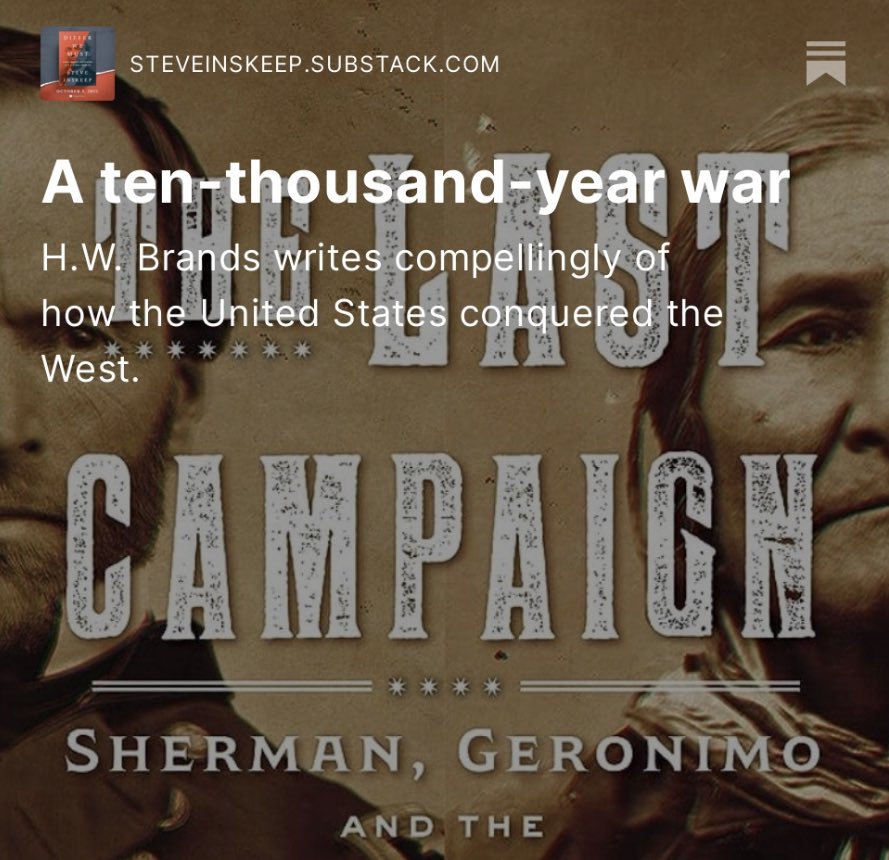Watched the documentary "RBG" last night. It shows her 1993 confirmation hearing. GOP Senator Orrin Hatch is heard saying she is a "liberal" appointee of a "liberal" president, but that her qualifications are apparent. The GOP could have filibustered, but she was confirmed 96-3.
The scene illustrates a difference between 1993 and the Supreme Court fights of today. Partisanship evolved from being one factor in politics to being the sole factor. Officials once viewed themselves as having duties to the nation, separate from an above partisan interests.
In 2020, the president draws no such distinction. This is not an accusation; he's open about it. Anyone who separates duty from partisanship is branded a liar or a fool--such as Jeff Sessions, the attorney general who thought he owed a duty to his office and the Constitution.
Partisanship is also Mitch McConnell's rationalization for blocking Merrick Garland in 2016 while pushing ahead with Trump's nominee in 2020. Obviously, McConnell says, he is in the Senate to support Republicans in election years while blocking Democrats. It's tradition, he says.
And of course he's right that partisans have always been partisan, and that one may always find precedents for partisanship. The question is just how far it's wise to push this, and whether an American elected official owes a duty to anything else.
Lindsey Graham, who would chair any hearings for the nominee, held on to the idea of an official duty longer than others. He voted for two Obama Supreme Court nominees, for example, largely in the Orrin Hatch tradition. He also promised never to do what he is now doing.
Graham's rationalization for his complete reversal is partisanship: Democrats were unfair in the past, so Graham says the rules have changed and it's okay for him to change course too.
Democrats, of course, have also switched positions on election-year nominees, and part of their reasoning resembles Graham's: Republicans conducted partisan warfare on judges in the past, and have never been held to account for their unfairness to Garland and Obama in 2016.
This thread does not pass judgment either way on McConnell's course, or Trump's. The nomination has the support of Mitt Romney, who has shown himself willing to stand apart. The point is that recent events have obscured the idea of an official duty higher than partisanship.
It wasn't always so. McConnell sits at the desk of Henry Clay of Kentucky, a fierce partisan (he founded his own political party, the Whigs!) who was often self-interested. Yet Clay also viewed himself as a statesman with a duty to make compromises and advance national interests.
Clay's admirers included Abraham Lincoln, the first Republican president. Lincoln was a clever and strategic party man, yet appointed Democrats to his cabinet because they could help keep the country together and were competent; one, Edwin Stanton, was among the most competent.
McConnell also once served in the Senate alongside Orrin Hatch, who was a sharp-elbowed partisan, but also cultivated a friendship with Ted Kennedy. And voted in favor of confirming Ruth Bader Ginsburg because, though she was of a different party, she was qualified.
• • •
Missing some Tweet in this thread? You can try to
force a refresh








